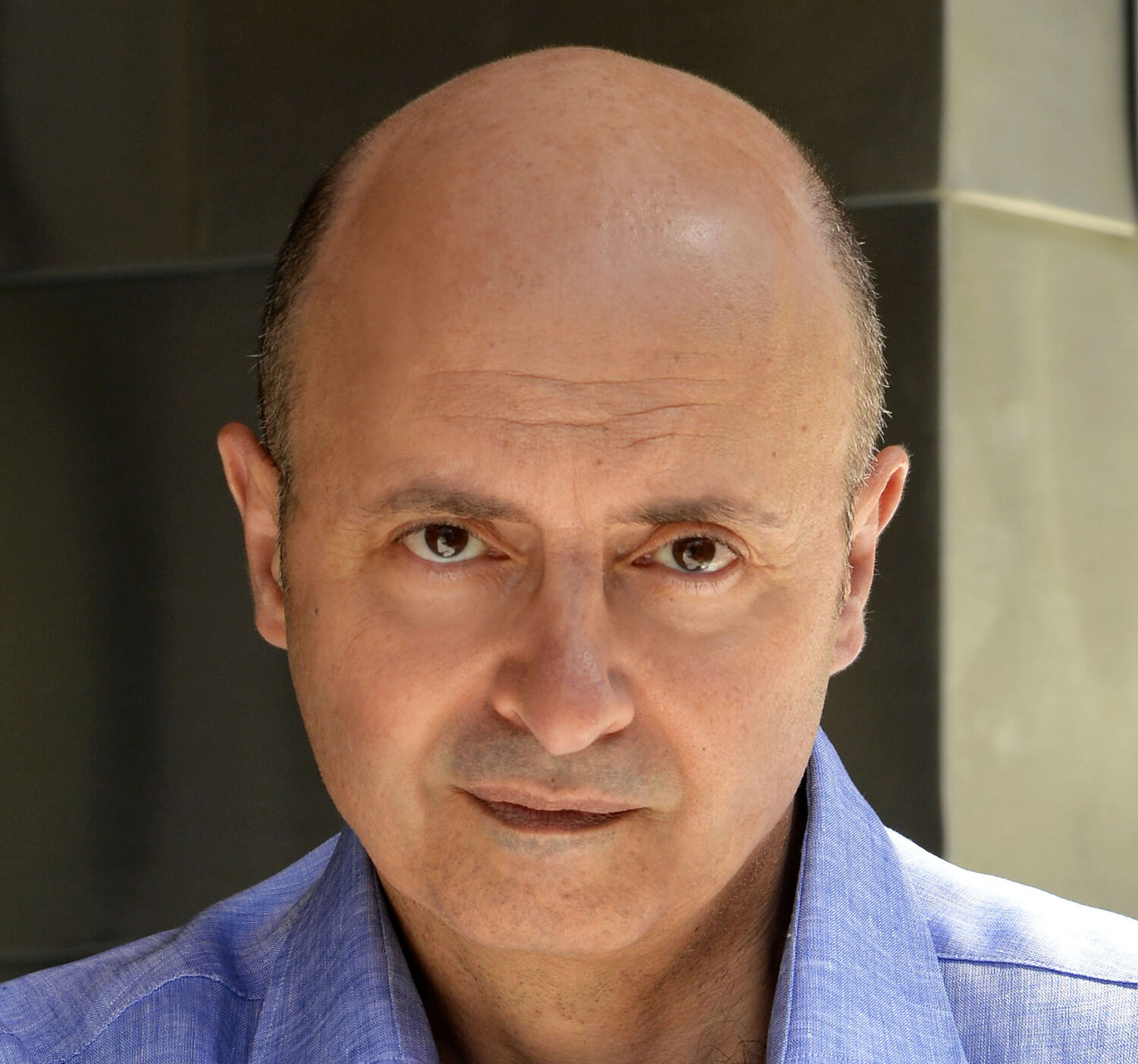 In a widely quoted TechCrunch article, Tom Goodwin says “Uber, the world’s largest taxi company, owns no vehicles. Facebook, the world’s most popular media owner, creates no content. Alibaba, the most valuable retailer, has no inventory. And Airbnb, the world’s largest accommodation provider, owns no real estate.”
In a widely quoted TechCrunch article, Tom Goodwin says “Uber, the world’s largest taxi company, owns no vehicles. Facebook, the world’s most popular media owner, creates no content. Alibaba, the most valuable retailer, has no inventory. And Airbnb, the world’s largest accommodation provider, owns no real estate.”
That passage aptly described what these companies don’t own. But what do they really own?
What these companies have in common is while they don’t own physical inventory, nor produce and sell their content, they each own something else, and they are known for that ownership. No one can dispute their ownership supremacy, so let's dissect these ownerships further.
UBER is beginning to own the "movement" business. First, people; soon to be packages and deliveries for anything near you. They are therefore in the "local miles" logistics business.
Facebook owns the “audience”. They realized that, contrary to the old newspaper model, an audience didn’t have to be local to be owned. The audience was suddenly global, and users could be made responsible for putting it together. Facebook's audience is really made-up of a collection of micro-audiences; i.e. my audience, added to your audience, added to your friends’ audiences, etc.
Alibaba owns “global sourcing” from worldwide suppliers. Alibaba has been years in the making, and is almost as old as the Internet itself. Far from its early days as a cacophonic bazaar of listings, it gradually improved the organization of their marketplace, such that what was once a difficult process (sourcing materials and products) is now within the reach of anyone.
Airbnb owns a “new way to travel” by experiencing it via locals. Airbnb is really in the hospitality business now. You rarely book a place where the hosts sleep in the adjacent room. You're booking properties that are prepped to be rented out on a routine basis. They taught landlords how to become hospitality mavens and local advisors for their guests.
And we could extend this list to other companies:
LinkedIn owns our resume.Twitter owns how to break news.Snapchat is trying to own the teenagers audience.Skype owned instant communications (although they couldn’t hold on to their early dominance).
I believe this group of "big owners" belong to a segment of companies that are above the Unicorns. They are Giants of the information industry.
What is common about these companies is there was some intentional marketing and leadership genius behind them. They didn’t becoming giants because they had a great product. They decisively chose to become giants by obsessively pursuing a strategy of dominance. There couldn’t be many Facebooks for Facebook to succeed. UBER had to “kill” its competition for it to become dominant. Where else besides LinkedIn would you update your life long work achievements?
What Can Cryptocurrency Own?
This brings us to an important question:
What can Bitcoin and the Cryptocurrency movement own?
In my view, here are some candidates that are ripe for the picking:
Developers - new development platforms have cryptography, consensus models, decentralized stores, smart contracts and new software constructs all over them. If you’re a developer and not tuned to this, you will be missing out.
Microtransactions - in my opinion, any transaction under $10-15 on the Internet belongs to Bitcoin and cryptocurrencies. As a seller, why pay high transactions costs to credit card companies?
Global remittances - it has been the big promise of Bitcoin, but we’re waiting for the dent to happen. Who will displace Western Union?
Peer to peer commerce - it’s obvious that peer to peer transactions without central gatekeepers (but with distributed trust) needs to happen. The question is not when- it’s how big can it get.
Proofs of ownerships - without getting too technical, “smart property” is going to be a big enabler of new forms of value movements, from commerce to law applications. If a property (or thing) constantly knows who its owner is, it’s like putting wings on objects or digital assets, while removing physical boundaries.
New banking - banks are tough to displace, but there will be new banking services brands that will emerge, built on speed, mobile and being global from day 1. Paraphrasing Marc Andreessen, the whole of financial services can be re-invented.
Own or Be Owned
As a startup, you need to emerge and figure out what you want to own in your space. And you need to "Take that Ownership" yourself. No one will hand it to you.
You can either invent a new space, or create the need for a new one, but you need to grow fast to own it, both inside the minds of the market and in the hands of users. If you don’t claim that ownership fast enough, the whole thing gets fragmented and weakened, which is what happened in the online music business for example (for a variety of reasons).
At the end, the outcome is telling:
The importance of what you own is directly related to the benefits you derive from such ownership.
